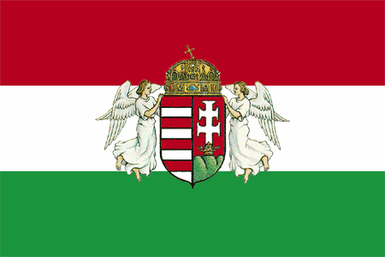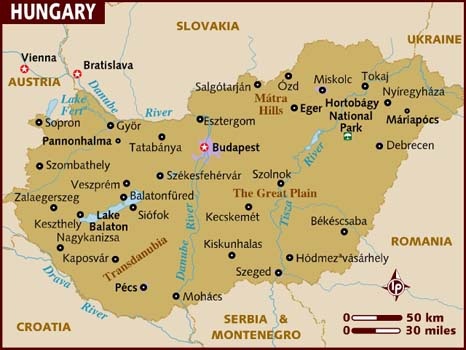Causes/Outcomes of the uprising in Hungry

The main cause was that the Hungarians hated Russians communism. The uprising was a spontaneous nationwide revolt against the government of the people’s republic of hungry and its soviet- imposed policies.The Hungarian Revolution or Uprising of 1956 (Hungarian: 1956-os forradalom orfelkelés) was a spontaneous nationwide revolt against the government of the People's Republic of Hungary and its Soviet-imposed policies, lasting from 23 October until 10 November 1956.
The revolt began as a student demonstration which attracted thousands as it marched through central Budapest to the Parliament building. A student delegation entering theradio building in an attempt to broadcast its demands was detained. When the delegation's release was demanded by the demonstrators outside, they were fired upon by the State Security Police (ÁVH) from within the building. The news spread quickly and disorder and violence erupted throughout the capital.
The revolt began as a student demonstration which attracted thousands as it marched through central Budapest to the Parliament building. A student delegation entering theradio building in an attempt to broadcast its demands was detained. When the delegation's release was demanded by the demonstrators outside, they were fired upon by the State Security Police (ÁVH) from within the building. The news spread quickly and disorder and violence erupted throughout the capital.

